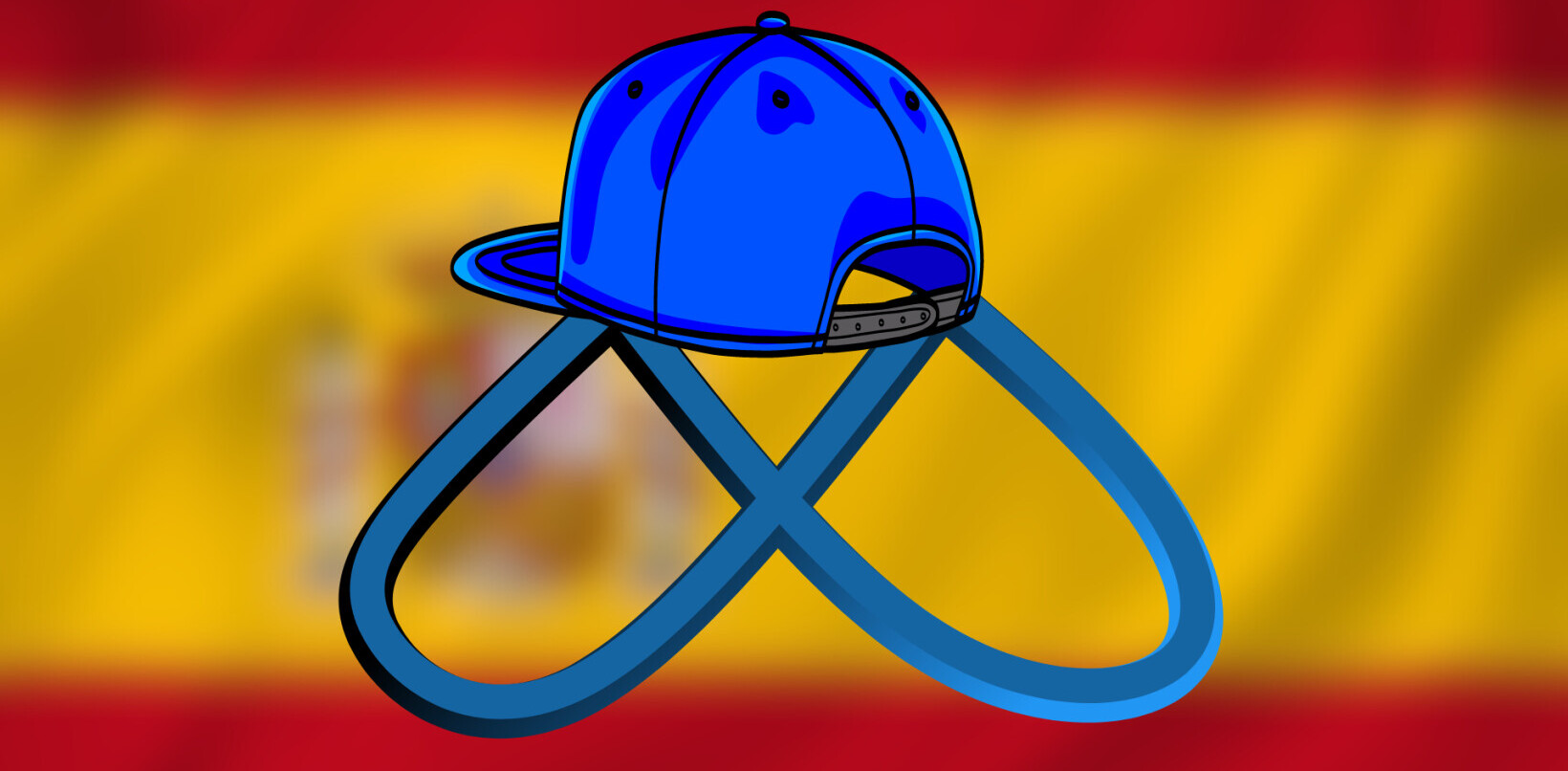
Facebook today announced plans to build the first data center using its new “rapid deployment data center” (RDDC) design, its most efficient method to build a data center yet. It will be located in a second building at the company’s existing campus in Luleå, Sweden, the location of the social network’s first international data center.
At this year’s summit for the Open Compute Project (OCP), Facebook previewed the RDDC design (video embedded below and full 97-page presentation available here). The company says it expects the new approach to data center design will enable it to construct and deploy new capacity twice as fast as its previous approach, will prove to be much more site-agnostic, and will greatly reduce the amount of material used during construction.
In short, the RDDC concept is all about treating the building of a data center less like a construction project and more like a manufactured product. Facebook hopes to achieve the following with this approach:
- Site-agnostic design: By standardizing the designs of component assemblies much like with OCP servers, Facebook hopes to deploy a unitized data center into almost any region in the world faster, leaner, and more cost-effectively. Performing more of the assembly in a controlled environment and at ground level also reduces assembly time. By deploying pre-manufactured assemblies, a majority of the components can be used interchangeably. The goal is to be deployable wherever needed.
- Reduced on-site impact: The RDDC concept will deploy pre-engineered unitized modules that minimize the amount of time required for heavy equipment on site and overall time to complete a data hall. The modules reduce the generation of on-site waste and the impacts associated with the delivery and staging of individual construction materials common to traditional construction techniques.
- Improved execution and workmanship: Having a predictable and repeatable product delivered to the site allows local teams to easily replicate the quality and fit from one region to another. The RDDC design will produce this result by using explicit assembly instructions with established tolerances.
Facebook wouldn’t reveal when construction will begin, saying only that it will be “soon.” It did say, however, that lessons learned will be shared with the OCP community.
Top Image Credit: Facebook
Get the TNW newsletter
Get the most important tech news in your inbox each week.




